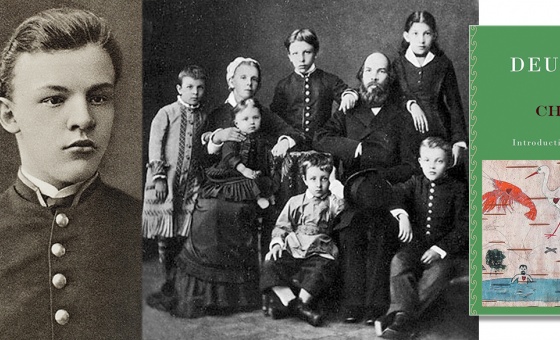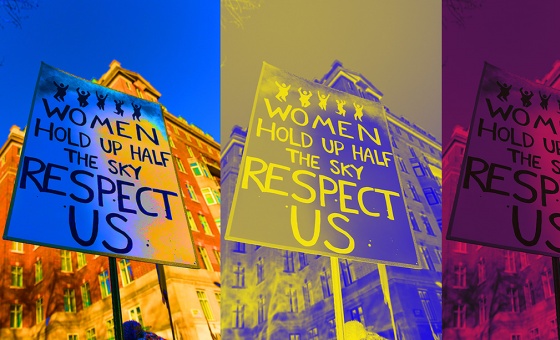This is the last article you can read this month
You can read more article this month
You can read more articles this month
Sorry your limit is up for this month
Reset on:
Please help support the Morning Star by subscribing here
LOCAL authorities across the UK are being starved of funding but also have a list of statutory duties.
Councils in Scotland have fared no better. The traditional powers excised by local government over decades have not been safeguarded.
The Scottish government is bypassing local authorities, and in the name of giving more powers to head teachers, taking more direct control of schools, which effectively takes education out of local democratic control.
This follows the centralisation of Fire and Rescue and Police Scotland.
The SNP government followed in the footsteps of Margaret Thatcher’s rate-capping by placing restrictions on how much council tax could be raised without incurring prohibitive sanctions.
The business rate is set by the Scottish government and collected centrally. In all, the powers of local government have been diminished and councillors have been encouraged or required by law to behave more like company directors than political representatives.
It can mean that the unelected officials have disproportionate influence on the work of councils. Rather than devolving power, the Scottish Parliament has led to more central control at Holyrood and less at local council level.
When the Scottish Parliament was established, it had a range of devolved powers, including the power to vary taxation.
In 1999 it was probably assumed there would be a period of stability while the Parliament bedded in and tested the limits and possibilities of its powers.
What happened in practice was that a lack of vision and radicalism from Labour-led governments, together with Tony Blair’s commitment to the war in Iraq, increased support for the SNP and to some extent independence.
During the 2014 independence referendum the gap between Yes and No began to narrow and the Westminster government made promises of additional powers for the Scottish Parliament. This led to the Smith Commission and, even though no Scottish government had maximised the use of existing powers and the tax varying power had never been used, more powers were devolved.
The return of powers from the EU does raise questions about the role of the Scottish Parliament and Welsh and Northern Irish Assemblies in exercising those powers.
Adjusting our constitution for the return of powers from the EU is not straightforward. It is not simply a case of returning to what applied in 1972 before entry.
Most crucially there was no Scottish Parliament or Welsh or Northern Irish Assembly at that time.
What we are seeing in the preparations is that the Westminster government is immediately claiming the repatriated powers centrally and it is the Westminster government that will decide which will be passed on to the devolved governments.
Theresa May will retain control of 24 areas that are covered by devolution, including public procurement, fishing, agriculture and some environmental issues. This challenge to the devolved settlements and concern for how devolution can be safeguarded gives further impetus to those supporting a more federal arrangement for the UK.
Without the EU providing common standards and regulations between the devolved Parliament, assemblies and Westminster, that role could be undertaken by a second chamber.
Not the unelected House of Lords which still has among its members hereditary peers, but a representative and democratically accountable second chamber.
Some argue that the second chamber could be a mixture of elected and appointed members so that people with significant expertise in particular areas can be given a role.
The “expertise” of the current Lords reflects the British Establishment and while these people are eminently qualified in their areas of interest, it doesn’t make them better able to make decisions on behalf of the vast majority of people in the country.
There are members of the current chamber who have wonderfully impressive experience and knowledge and who sit on the Tory benches supporting the government’s attacks on working people.
Considering this arrangement immediately raises the question of how would England be represented? A single English Parliament would raise concerns about its size in proportion to the other parts of the UK. I suspect that it would also reinforce demands for powers to be devolved to the regions of England.
The new settlement should move from the existing model, where power is devolved from the central state to Scotland.
It should instead be a relationship of shared power based on partnership, not hierarchy.
Under this arrangement there must be common minimum standards across the UK on human rights, employment rights, consumer protection and environmental protection and that the Scottish Parliament should have the power to enhance but never detract from these minimum standards.
Pauline Bryan is a Labour Member of the House of Lords.










